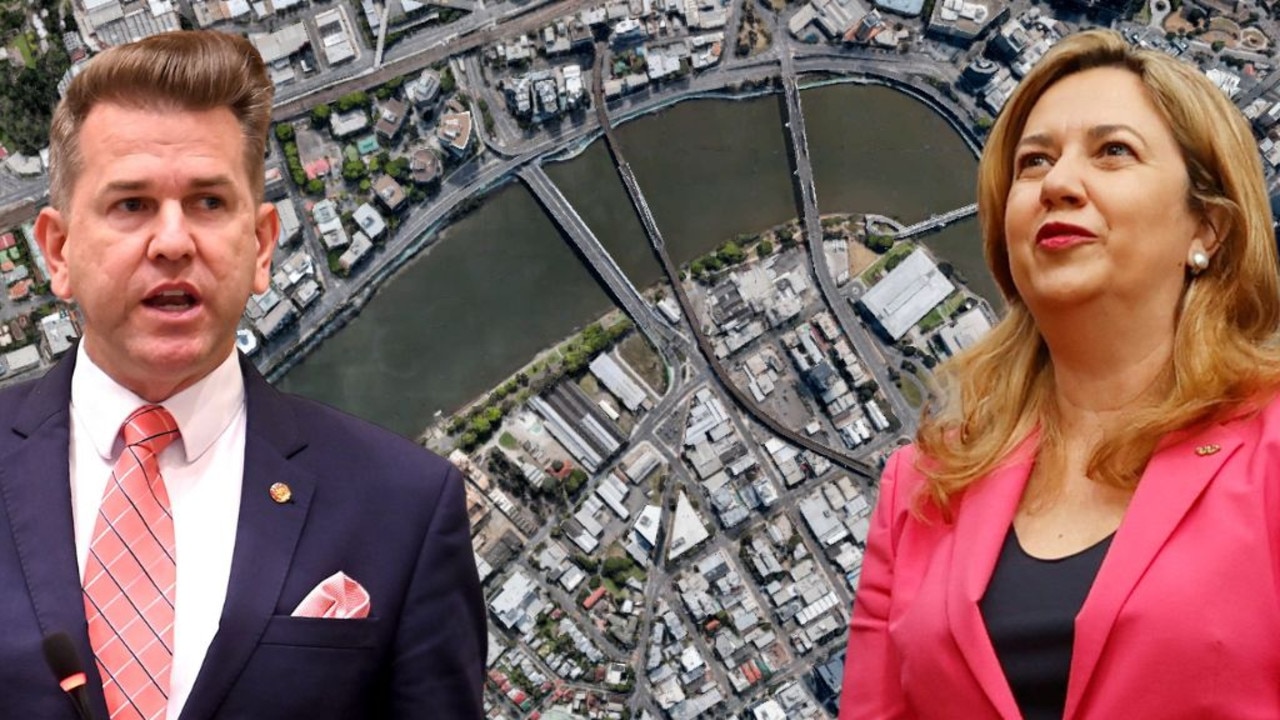Shopping centres, schools will be shut in first-time quarantine laws
A tripling of emergency department capacities is one of the changes coming to Queensland hospitals to allow the state to deal with any coronavirus outbreak.
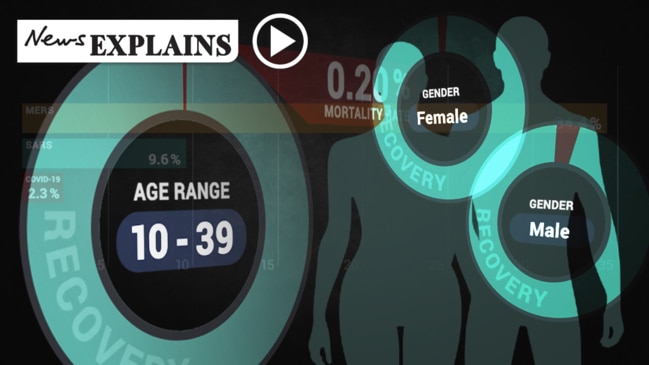
QLD News
Don't miss out on the headlines from QLD News. Followed categories will be added to My News.
QUEENSLAND hospitals will triple the number of patients that can be seen by emergency departments and double capacity in intensive care in preparation for a coronavirus pandemic.
It comes at the federal Attorney-General details never-before-used biosecurity laws that would be triggered in the event of an outbreak.
Popular European destination could be next to face travel ban
Stopping new cases coming in ‘no longer possible’
In addition to increasing patient capacity, Queensland will also buy 110 extra ventilators, increase hospital staff, expand fever clinics and fast track $25 million spending on medicines, gloves and masks.
The plans were agreed at a meeting of cabinet’s Public Health and Safety committee this afternoon.
Amid warnings it was inevitable the virus would spread in Australia at some point, Queensland emergency workers will conduct a scenario exercise on Friday to test response to an influx of patients.
Premier Annastacia Palaszczuk said the virus was already being treated like a natural disaster.
“A top priority is ensuring capacity in our emergency departments and our intensive care units and our hospitals are actively stockpiling medicines and equipment,” she said.
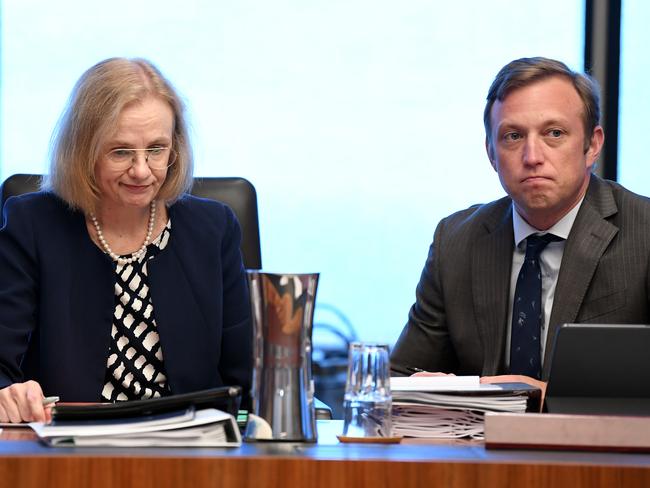
Chief Health Officer Janette Young said the most effective method of prevention was for people to wash their hands with soap and stay at least 1.5m away from anyone who was ill.
“The community has a big part to play in continuing to stop the spread of coronavirus,” she said.
Dr Young said it was highly likely the virus would be transmitted in the state as the global spread continues.
But she urged the public to remain calm, saying it was not necessary to stockpile food at home.
Meanwhile, strict biosecurity laws will be used for the first time to crack down on localised coronavirus outbreaks, including banning people gathering at shopping centres, schools and workplaces and control orders enforced on infected individuals.
The human biosecurity control orders can see a person or groups of people infected by Covid-19 forced to stay at a particular location, undergo decontamination and disclose who they have been in contact with.
Attorney-General Christian Porter said the public needed to be made aware that powers granted by these laws would be enacted for the first time in the event of localised outbreaks, in a bid to keep the disease contained.
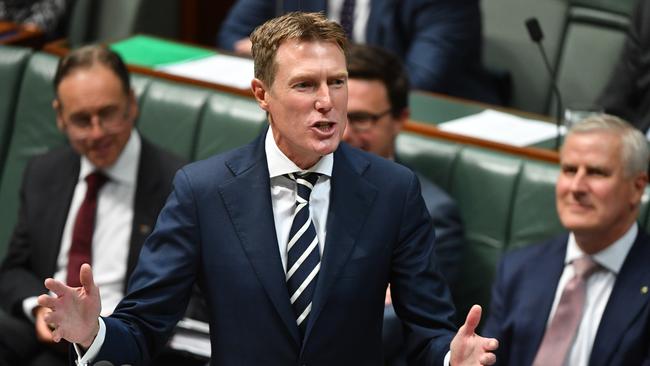
“There is the ability of the government to impose always based on medical advice but nevertheless impose a human biosecurity control order on a person or persons who have been exposed to the disease,” Mr Porter said.
“What will mean for Australians is actually something very important.
“It could require any Australian to give information about people that they have contacted or had contact with so that we can trace transmission pathways. It will also mean that Australians could be directed to remain at a particular place or indeed undergo contamination.”
He said the second power which could be used for the first time was declaring a human health response zone.
“That is a power that can be used for either localised diseased outbreaks in Australia or indeed could be used to restrict individuals from attending places where larger number of people may otherwise choose to gather, such as shopping centres, schools or work,” the Attorney-General said.
“These are challenging times going forward and these will be some of the first times these important powers maybe used.”
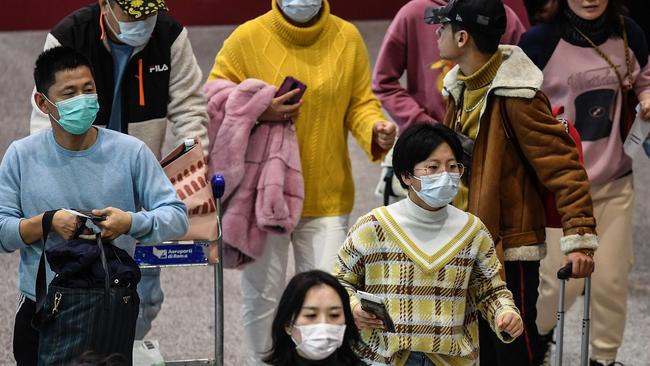
The laws are part of the 2015 Biosecurity Act, which replaced the 100-year-old quarantine act.
They have been technically possible to enact since Covid-19 was declared a “human disease” on January 21, but this has been the most significant warning issued by the Federal Government about their use.
Mr Porter flagged the laws could be updated as Australia responds to the global disease outbreak.


